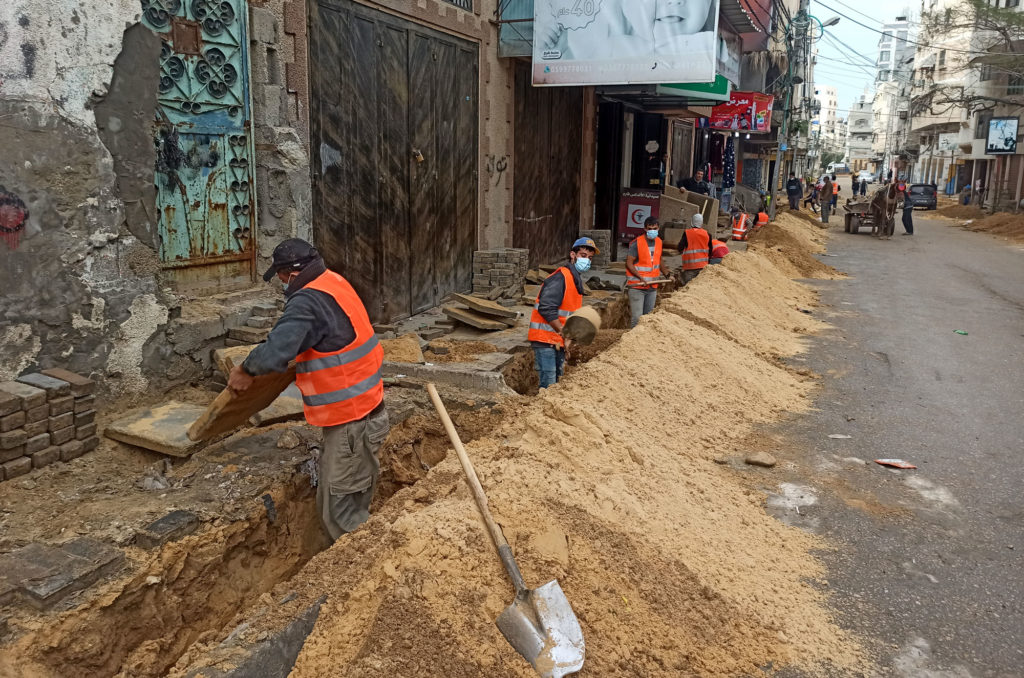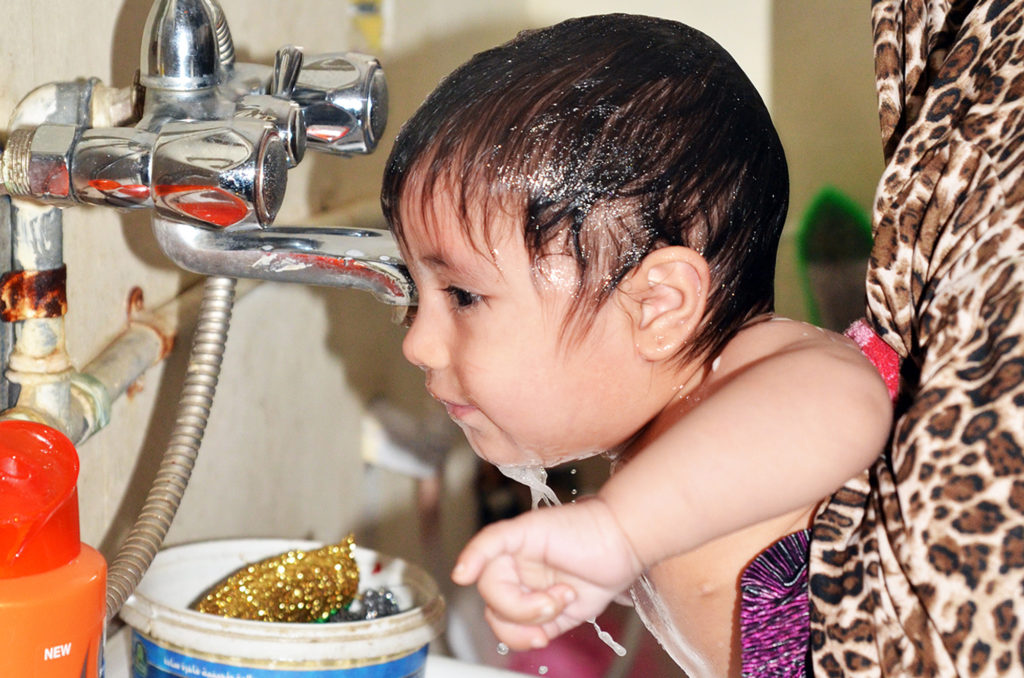Apr, 2008
When you drive to the northern parts of Gaza, the fields are filled with strawberries and corn.
But the plantings leave behind a lot of plastic waste that needs to be removed before the next season’s crops can be planted. In Beit Lahia, in northern Gaza, workers spread out across the fields to remove plastic waste from the ground, restoring the beautiful view and preparing the fields for planting.
It’s the first phase of an environmental clean-up project Anera has just completed with a $20,000 grant from the Firedoll Foundation and in partnership with Palestinian Agricultural Relief Communities (PARC). The aim is to clear agricultural land of plastic waste that comes from greenhouses and farming activities and to recycle it for later use.
“I am here to gather plastic in order to save the environment,” said Rajeh Masri, father of eight and one of 31 workers who were offered a job opportunity. “I have not had a job for a while, so I am glad that I can make some money to feed my kids,” he said. “When you find a job in Gaza, it is like you own the world.”
Before the project’s implementation, farmers had difficulty getting rid of their plastic waste. By the end of Beit Lahia’s agricultural season, more than 200 tons of nylon sheets, plastic mulch and external greenhouse covers are generated.
“Farmers used to burn the plastic, which pollutes and poisons the air. It causes a suffocating odor that makes children and adults ill,” said Ihab Abed Azeez, agricultural engineer and project coordinator.
“We have coordinated with factories to recycle the plastic wisely and safely in order to produce plastic bags and agricultural irrigation pipes,” Ihab explained. “One of these factories is located in eastern Gaza and it has already received some of the collected waste material.”
Just before starting the project, farmers attended a public education workshop to learn about protecting the environment. “As far as I know, this is the first project of its kind to be implemented in northern Gaza,” Ihab added. ‘It is a win-win situation for everyone: the farmers have clean farms, the environment is improved, and many hours of work are created for people who really need it.”


